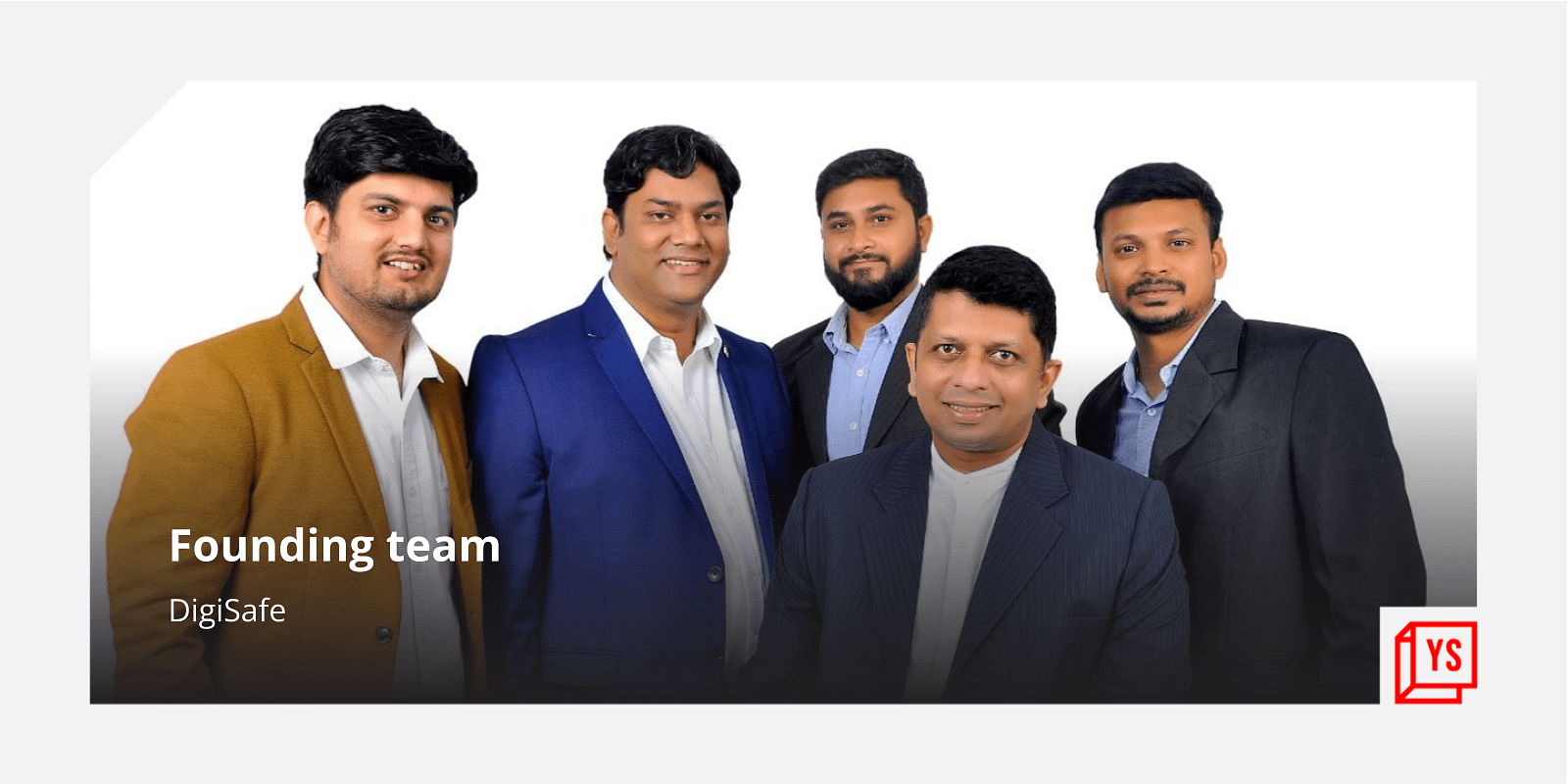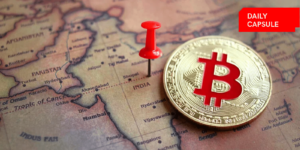Insurance is often the last thing on most people’s minds when it comes to expenditure, especially in rural areas. Of the over 830 million people who live in rural India, only 3 percent have some sort of insurance cover, and that’s largely because of the expenses associated with it, a lack of trust and understanding of the insurance sector, and a gap in the claims process.
The insurance sector is well aware of these legacy issues, but the solutions – such as opening local branches – are often deemed too expensive and unsustainable.
A group of friends — Anupam Shrey, Suman Roychoudhury, Mallikarjun Kukunuri, Ashwin Arora, and Rajat Dhar — who’ve worked with insurance companies for decades knew of these issues too. But they only became aware of the extent and impact of these issues when, once while doing a claim survey on a farm one day, they had to wait for the farmer who owned the land for a long time to arrive for co-observation.
Upon inquiry, the farmer informed the group that he had to accompany an insurance agent to the RTO (regional transport office) to renew his motor insurance policy, which not only made him late for his appointment, but also actively caused him monetary loss because he had to be away from work.
The incident got the five talking, and they eventually ended up formulating a sustainable, cost-effective business model that could serve the rural population vis-a-vis insurance much better. In September 2021, they set up , a smart, tech-backed insurance startup to make insurance more accessible in rural India.
DigiSafe essentially works like a channel between insurance buyers and sellers. It makes it easier for people in rural areas to buy insurance more conveniently, and not just by bringing the services to their doorsteps. DigiSafe helps farmers make better, informed insurance-buying decisions by identifying their needs and calculating the extent of insurance coverage they would need.
To help feel insurance buyers feel at ease, the company appoints a network of on-ground personnel that double up as point-of-sale persons (PoSPs), as well as help people pay their premiums and apply for claims. These PoSPs are locals in the villages, and DigiSafe’s aim is to make these people known faces in rural neighbourhoods so that people who buy insurance policies feel more comfortable exploring insurance buying with someone they know personally, instead of some unknown person over the phone they may not fully trust.
“The PoSP model is for customers to always feel supported and have a feeling of oneness with DigiSafe as it wants to remove the hurdles faced by end-users,” Anupam, one of the Co-founders tells YourStory.
In addition to creating a general feeling of trust via PoSPs, the doorstep delivery model — called DigiONE — helps empower and create more and more entrepreneurs in rural areas who not only earn a livelihood, but also receive insurance and sales training, along with plenty of upskilling opportunities, thereby improving future employment prospects.
“On the first day of our operations, we onboarded 100 PoSPs onto our platform, which showed us that people trust the model we’ve put together,” says Suman, Co-founder and Director of DigiSafe.
Traction and reach
Pune-based DigiSafe provides motor, healthcare, crop, livestock, and life insurance to rural areas via its PoSP model and through its ‘Mera Assistant’ app, which helps farmers make informed decisions about their insurance purchase, as well as provides weather information, crop advisory services, and creates more knowledge about government initiatives.
The ‘Mera Assistant’ app is to provide well-rounded support to farmers, but is not compulsory to use. PoSPs are supposed to be the go-to persons for people in the village, the founders say.
Being an IRDAI-registered insurance broking firm, DigiSafe co-creates insurance solutions in collaboration with companies, making it much easier for it to provide customised solutions to its customers. That is especially useful since it helps the company provide smaller insurance policies with lower ticket-size premiums that don’t pressure farmers’ wallets.
Currently, the startup has customers in 14 states who have bought policies worth Rs 1 crore through it. It hopes to hit Rs 5 crore in premiums with 10,000 customers by the end of the current fiscal year, and onboard 2,000 PoSPs. It earns a commission from the insurance firm on every policy sold.
The bootstrapped startup, which is currently heading for breakeven, competes with , and while leading insurance firms such as HDFC ERGO, IFFCO Tokio, Aviva India, Cholamandalam, and TATA AIG, among others, also provide rural insurance services, they’ve listed with the two startups as partners.
The global crop insurance market is expected to hit $53.02 billion by 2027, growing at a CAGR of 6.1 percent, from $34.05 billion in 2019, according to Allied Market Research. India is the third-largest market in terms of crop insurance, behind the US and China. However, the Insurance Regulatory and Development Authority (IDRAI) estimates only 19 percent of farmers make use of crop insurance.
Startups like DigiSafe and GramCover that help bridge the gap between insurance buying and selling by providing doorstep, easy-to-use solutions can help bring those numbers up.



![Read more about the article [Funding alert] Ex-Ather Energy led Exponent Energy raises $5M in pre-Series A round](https://blog.digitalsevaa.com/wp-content/uploads/2021/12/FramesforImages5-1638949604669-300x150.jpg)





![Read more about the article [Funding alert] Prabhuji Online raises pre-series A round funding from angel investors](https://blog.digitalsevaa.com/wp-content/uploads/2021/05/Funding-1587044486257-300x150.png)
